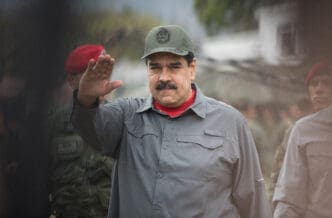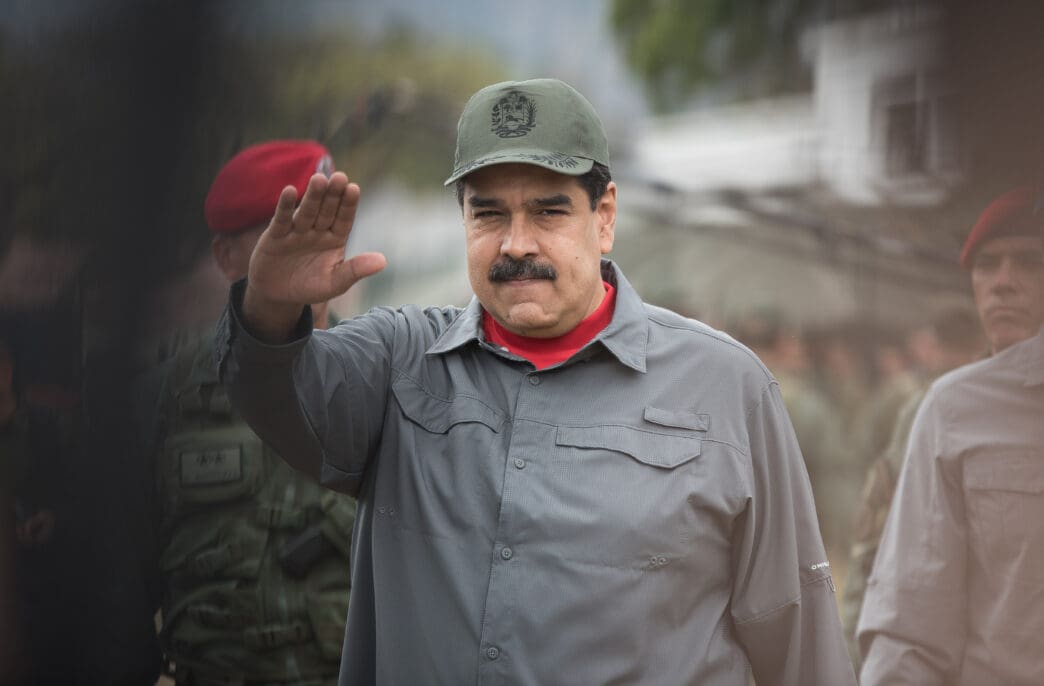Executive Summary
The Story So Far
Why This Matters
Who Thinks What?
Venezuelan leader Nicolas Maduro reportedly sent a letter to President Donald Trump, denying allegations of narco-trafficking and proposing direct talks with US special envoy Richard Grenell. The correspondence, dated September 6, followed US strikes on alleged drug boats in the region, which have heightened tensions between Washington and Caracas.
Maduro’s Overture for Dialogue
The letter, shared publicly by Venezuela’s Vice President Delcy Rodriguez via Telegram and confirmed by a US source, explicitly denies Maduro’s involvement in narco-trafficking. Maduro referred to these allegations as “fake news, propagated through various media channels” and offered to engage in “a direct and frank conversation with your special envoy,” referring to Grenell.
The communication was dated four days after a US strike killed 11 Venezuelans on a boat that the US claims was involved in drug transportation. Maduro also stated he was sending the US “compelling data on drug production and drug trafficking,” asserting that Venezuela is “a territory free of drug production.”
US Accusations and Military Posture
The Trump administration has consistently accused Maduro of being a significant narco-trafficker, alleging his collaboration with cartels to flood the US with fentanyl-laced cocaine. In August, the US doubled its reward for Maduro’s arrest to $50 million.
The US has conducted multiple strikes against speedboats in the region, resulting in over a dozen alleged drug trafficker deaths, though the White House has not provided conclusive intelligence data to confirm the identities of those killed. President Trump, when asked about Maduro’s letter, declined to confirm its receipt, stating, “[We’ll see what happens with Venezuela].”
Tensions have escalated further with the US deployment of warships to the region, which it states is a mission to combat drug trafficking. Maduro, however, has characterized this move as an effort at regime change against his government.
Venezuela’s Response and Diplomatic Efforts
In response to the US actions, Venezuela has launched military exercises and showcased its Russian-built fighter jets as a display of force. The country also claims to have mobilized millions of militiamen.
Maduro’s letter concluded with an appeal to President Trump, stating, “I respectfully invite you, President, to promote peace through constructive dialogue and mutual understanding throughout the hemisphere.”
Special envoy Richard Grenell, a former US ambassador to Germany, has previously met with Maduro multiple times this year. These meetings were aimed at securing the release of US citizens detained in Venezuela in exchange for Venezuelan migrants the White House had sent to El Salvador.
Grenell recently called for a de-escalation in the confrontation, expressing his belief that the US and Venezuela “can still have a deal” to avoid war. Representatives for Grenell and the Venezuelan government declined to comment on the specific letter from Maduro.
Outlook
The exchange highlights the complex and volatile relationship between the two nations, marked by accusations of drug trafficking, military posturing, and tentative overtures for dialogue aimed at de-escalation amidst ongoing political and economic pressures.








